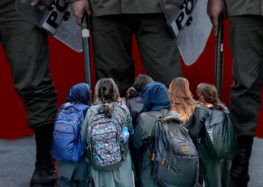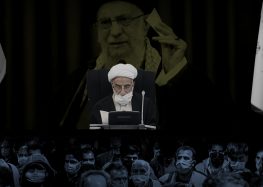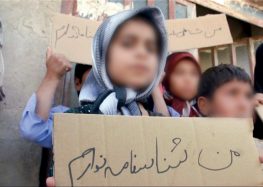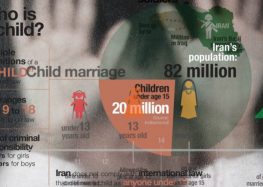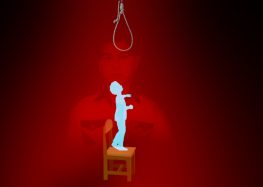Delays in Ratification of Bill for Protection of Children Means More Violence and Abuse
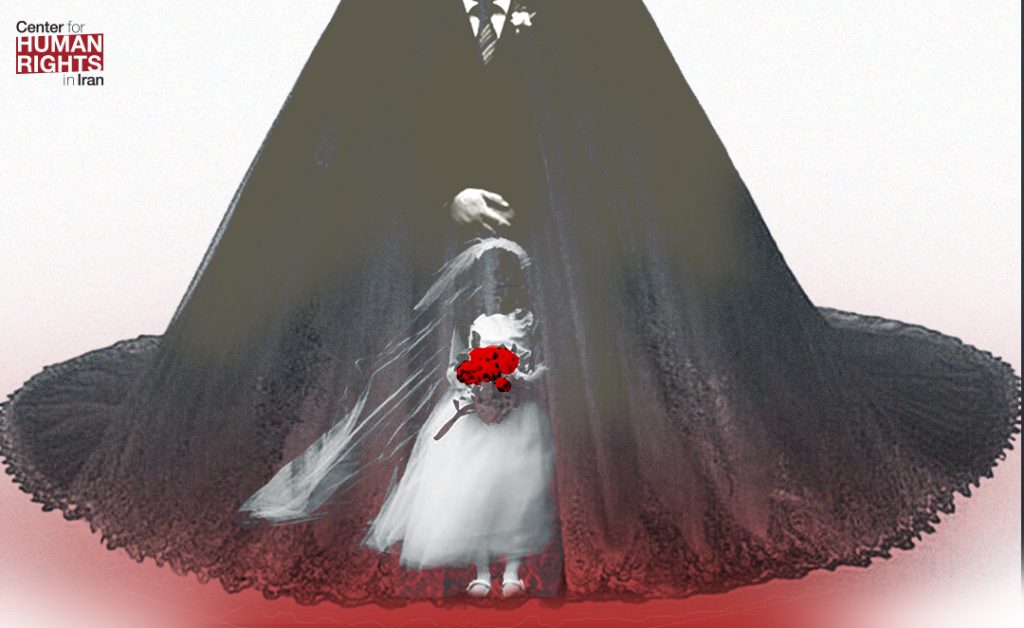
Latest Delay: Guardian Council Objects to Punishing Negligent Parents
Parliament’s Judiciary Commission Must Find Compromise Language on Parental Neglect to Ensure Passage of Bill
“Each day’s delay in its ratification means children will continue to be unprotected against violence and abuse.”
Hossein Raeesi, children’s rights attorney
While reports of cases of child physical and sexual abuse continue to mount, Parliament and legislative vetting bodies in Iran such as the Guardian Council continue to procrastinate in ratifying the bill for the protection of children.
On December 2, 2018, news about the rape of several students at a school in Isfahan was published widely on social networks. Subsequently, Alireza Mahdi, the Education Ministry’s public relations director in the province, confirmed the news in an interview with the semi-official Iranian Student News Agency (ISNA) and announced that a suspect, who was a member of the unnamed school’s parent-teacher association, had been arrested.
This news came just less than two weeks after the rape of children in Shushtar and the publication of related video clips.
Such reports highlight the urgent need to immediately ratify the Bill For the Protection of the Rights of Children and Youth. Yet the bill, drafted a decade ago, continues to be sent back and forth between Parliament and the Guardian Council, the official body in Iran that vets all legislation for conformity with Islamic law.
Children’s rights’ attorney and activist Hossein Raeesi told the Center for Human Rights in Iran (CHRI), “This is one of the most urgent pieces of legislation in the hands of the lawmaker. If it’s not ratified, it will truly leave children unprotected against violence and abuse.”
Raeesi continued, “Of course, the level of abuse and exploitation of children will not drop the day after [the bill’s] enforcement, but it will clarify the responsibilities of relevant government bodies such as the ministries of health and education as well as the judiciary, among others, which will allow them to act more effectively in preventing such incidents. Also, it will significantly reduce parents’ autocratic sense of ownership over their children, which is often the root of abuse.”
Current Sticking Point: Guardian Council Objects to Article 9 Which Holds Parents Accountable for Neglect and Abuse
While Parliament and the Guardian Council have reached agreement on most of the articles in the bill that have been argued about for years, one article remains disputed: Article 9, which concerns the abuse and neglect of children. The Guardian Council has specifically objected to the Note to Article 9, which holds parents responsible for child abuse or neglect.
The clause mandates punishment “any time parental inattention or neglect results in death, loss of limbs, injury or [the] sexual abuse of a child….” Lawmakers opposed the removal of this clause and sent it back to the parliamentary commission for judicial affairs for reconsideration.
“One of the main causes of harm to children is parental neglect. I once represented a case [in Iran] in which parents had left their two-year-old child in the care of an uncle, even though he was a drug addict. The uncle took the child out of town and abandoned him in order to look for drugs. Tragically the child [died]… Cases like these tell us that parents must be obliged to act responsibly toward their children and not neglect them,” Raeesi, the children’s rights’ attorney, told CHRI.
The lawyer added, “In many countries parents are not allowed to leave their children unattended without adult supervision up to a certain age and if they want them to be cared for by someone else, they have to observe certain rules. If the caregiver is proven to be a drug addict or has a criminal record, the parents will be committing a crime.”
Raeesi told CHRI that due to the importance of Article 9 in protecting children’s life and health, it was necessary for members of the parliamentary commission for judicial affairs to rewrite it to include specific descriptions that would get the approval of the Guardian Council.
“I’m opposed to criminalizing things, but protecting children is so important that it justifies the criminalization of parental neglect. The existence of this provision will be a strong deterrent and force parents to pay greater attention to their children,” he said.
Child Protection Bill Drafted 10 Years Ago, Still Not Passed
In response to societal protest over the increasing number of child abuse cases, Iran’s judiciary first drafted a bill for the protection of children and youth on May 12, 2009, consisting of 54 articles, and submitted it to then-President Mahmoud Ahmadinejad’s government. Two years later the government sent the bill, with 49 articles, to Parliament for ratification. Then in 2013 the bill was sent back to the government, this time under President Hassan Rouhani. Finally in February 2017, a number of female lawmakers wrote a letter to Parliament Speaker Ali Larijani demanding an urgent restart of deliberations on the bill.
In its current form, the bill consists of 40 articles in four sections including definitions, organizations, crimes, punishments and supportive measures for the protection of children and youth against violence, mistreatment and abuse. There are also specific punishments for crimes committed by family members and others, and in line with international conventions, the bill calls for special protections for children and youth under the age of 18. However, the bill still has significant shortcomings, such as lack of protections for crimes against child laborers and street workers.
After 10 years of bouncing back and forth between various state bodies, during which time many children have been subjected to neglect, abuse, rape and even loss of life, the current imperative is for passage of the bill, and for the Parliament’s judicial commission to quickly arrive at compromise language regarding the issue of parental responsibility for neglect and abuse delineated in the Note to Article 9, so that the bill can move forward to ratification.
On September 21, 2018, Masoumeh Ebtekar, the vice president for women and family affairs, said the government was ready to implement the legislation once it is approved by the Guardian Council.

